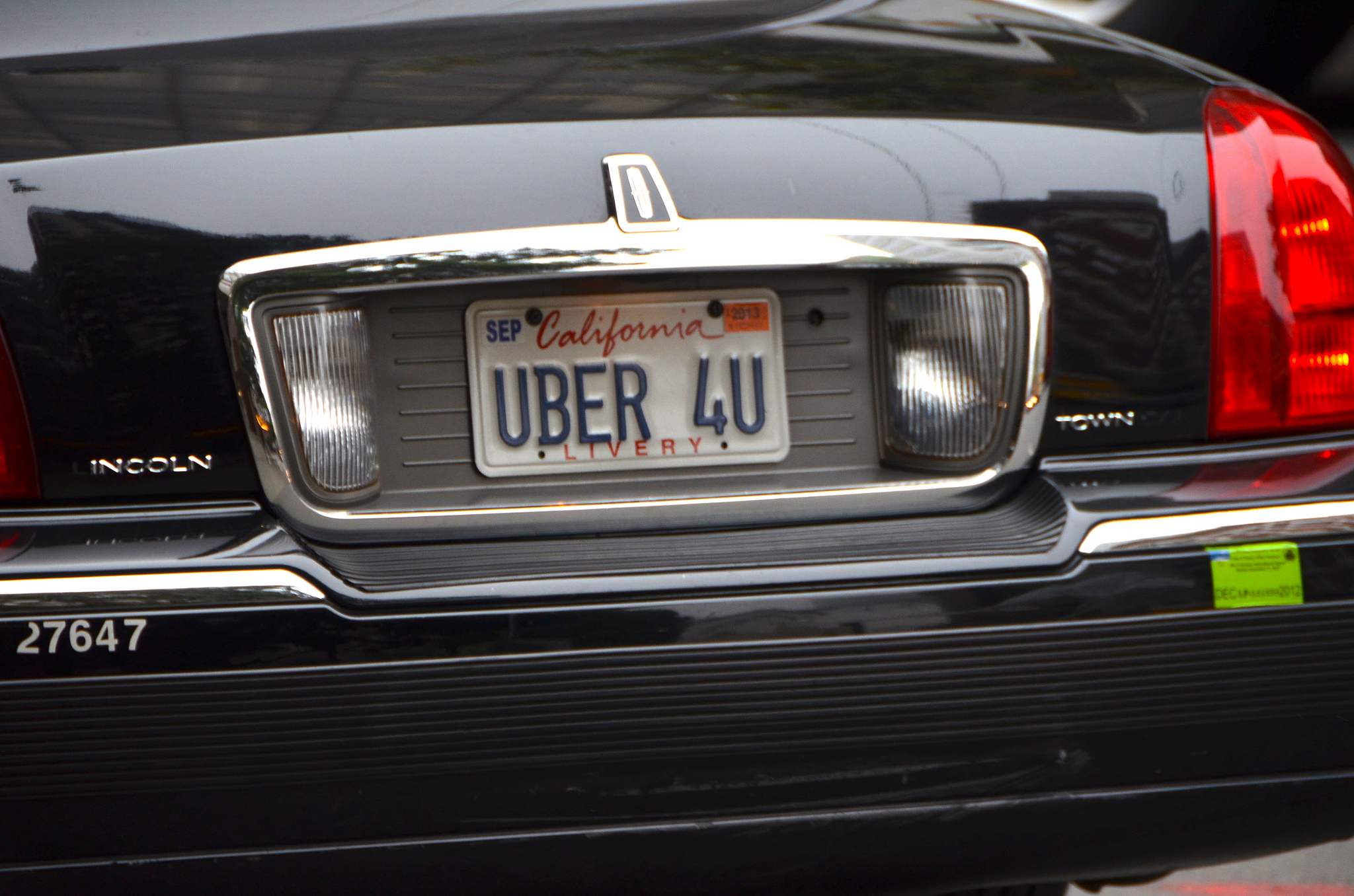Internet-connected (“smart”) devices are becoming ubiquitous, but they have this persistent problem: they’re internet-connected. A huge number are extremely vulnerable to being taken over by bad actors, for a whole host of reasons. And so, before your fridge becomes part of the next record-breaking botnet, the Federal Trade Commission wants to give someone cold, hard, cash money for coming up with a way to prevent it. [More]
Data & Privacy
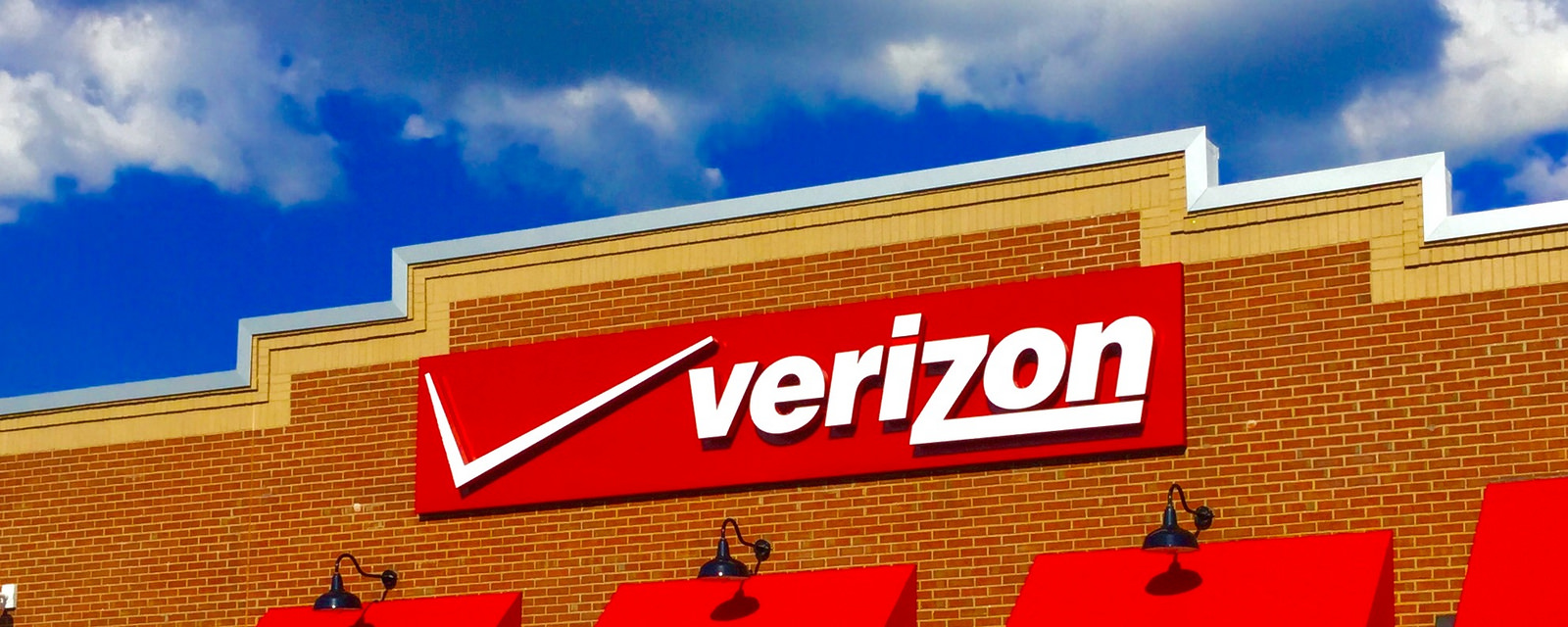
Convict Sues Verizon For $72M For Allowing Him To Commit ID Theft
A Florida man serving ten years in prison for fraud and theft is now suing Verizon Wireless, claiming the company was negligent by not preventing him from using the company’s wireless service and products to commit his his latest identity theft. [More]

Holiday Inn Owner InterContinental Hotels Investigating Possible Credit Card Breach
The Intercontinental Hotels Group — parent company to a number of hotel chains, including Holiday Inn and Holiday Inn Express — is investigating a possible breach of customers’ payment card data. [More]

Will Massive Data Breaches Lead Verizon To Dump Yahoo?
While Yahoo has been grabbing headlines lately for its most recent data breach — one that affected more than one billion users — what about that other big story involving Yahoo, the one where Verizon Communications was preparing to buy the company’s internet business? [More]
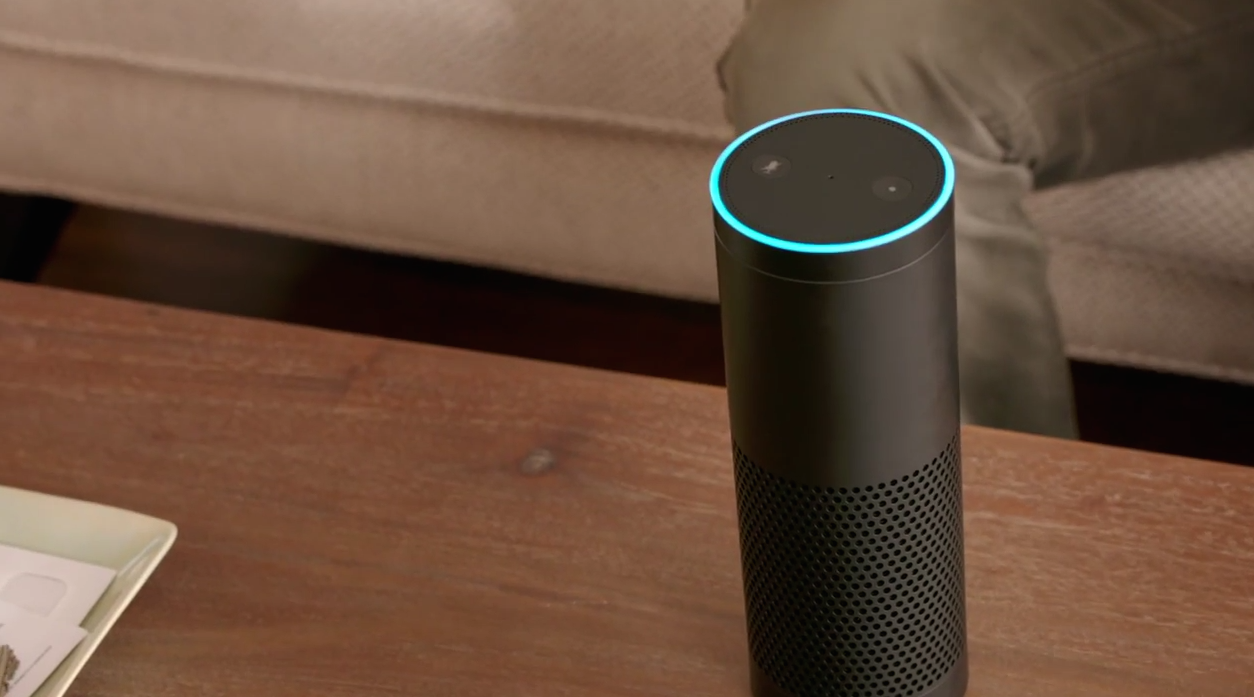
Police Want To Find Out If Amazon Echo Recorded Evidence Of Homicide
The issue of who can access information stored on your electronic devices has become increasingly controversial in the last year, with authorities obtaining search warrants to unlock smartphones for everyone in an office building, courts ruling that police can force smartphone users to give up their devices’ passcodes, and federal lawmakers trying to force weakened encryption on consumers. Now, police investigating a homicide are hoping to get a look under the hood of Amazon’s Echo speaker to see if its virtual “Alexa” assistant might have recorded evidence of a murder. [More]
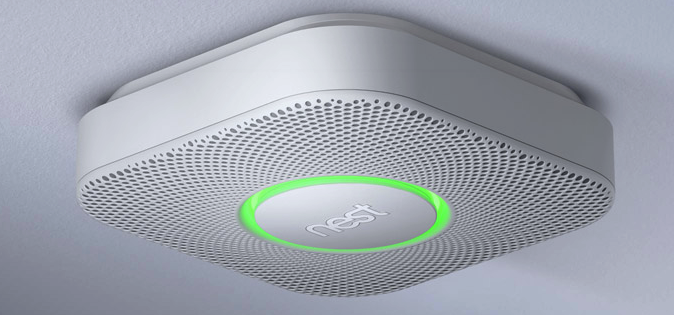
Insurers Not So Sure Smart Gadgets Make Your Home Any Safer
The insurance industry seems to have a love-hate relationship with smart gadgets: auto insurers want drivers to use tracking technology so they can offer more personalized rates (something many drivers don’t want), but home insurance companies aren’t likely to give homeowners with internet-connected safety systems a break on their bills. [More]
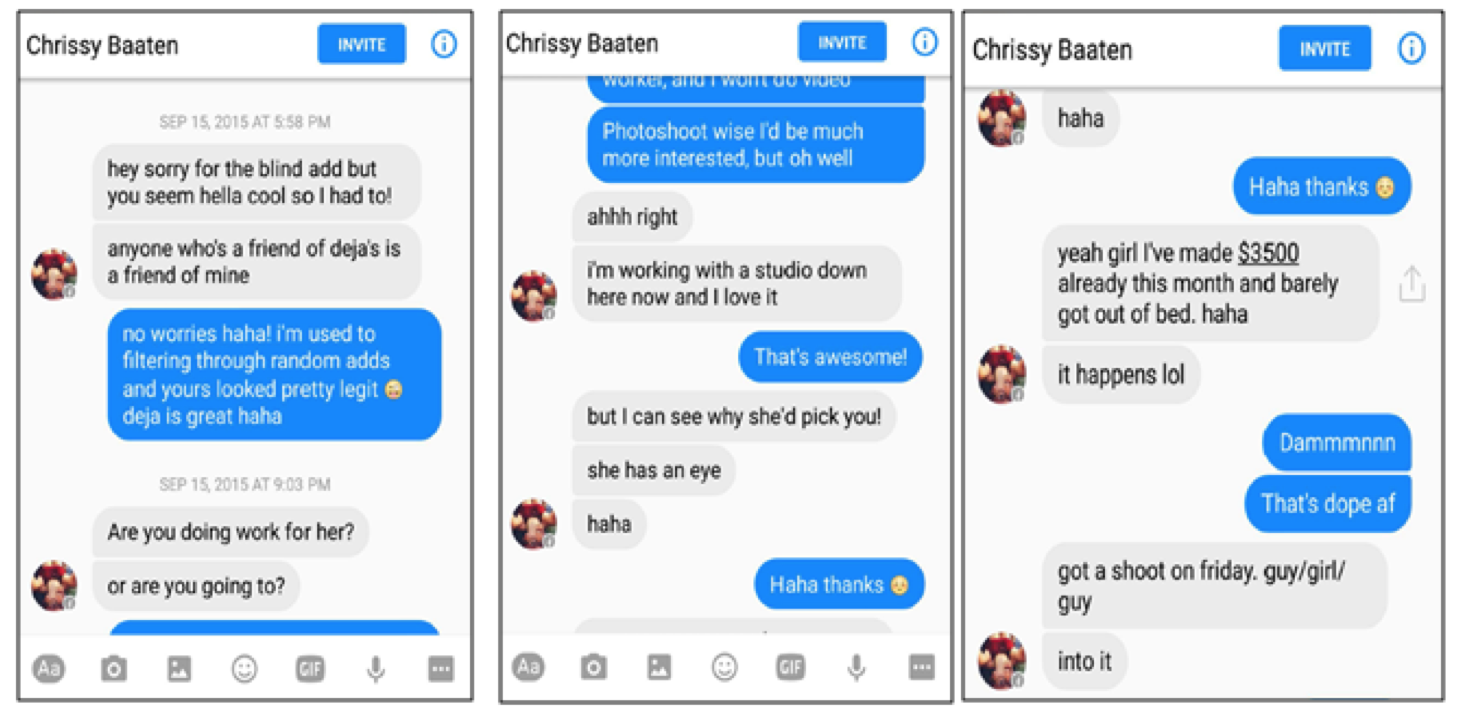
State Files Consumer Protection Lawsuit Against Man Accused Of Using Facebook To Trick Women Into Sex
Washington state prosecutors are using state consumer protection laws to go after a man — already facing multiple criminal charges of rape — that they claim spent years misleading women about his job, and even his gender, with the goal of misleading women into sleeping with him in exchange for a non-existent shot at stardom. [More]

Several Marvel Twitter Pages Fall Victim To Same Group That Hacked Netflix’s Account
On the same day that Netflix’s U.S. Twitter account was briefly compromised, the group responsible for that attack is taking responsibility for hacking several Marvel social media pages as well. [More]

Uber Wants To Drive You To People Now, Not Just Places
Can’t remember what restaurant your friends said to meet you at? Forget if that’s South Main Street or North Main Street? Too far along in the evening’s entertainments to dial your phone and ask? Uber is now happy to figure out where you’re supposed to be going by taking you directly to your friends. [More]

Netflix’s Twitter Account Apparently Hacked Briefly
UPDATE: The same hacking group that hit Netflix earlier today is also claiming responsibility for compromising several Marvel Twitter accounts. [More]

Evernote Backtracks On Privacy Policy Changes After User Outcry
Popular note-taking and general reminder app Evernote had big plans for 2017. In January, it was going to start feeding all your personal content to an algorithm in order to improve internal machine learning. But those plans allowed for human employees to peek over the robot’s shoulder to see your stuff, which users objected to loudly enough that now those plans are on hold. [More]

Evernote: Update To Privacy Policy Was “Communicated Poorly”
Evernote is a cross-platform application for taking notes and storing information, which inspires almost religious devotion in users. This week, though, some Evernote fans have grown disillusioned because of a change to the company’s privacy policy that details how Evernote employees can access and read users’ notes. Update: this change has been called off, and Evernote will only peek at the notes of users who opt in. [More]

Yahoo Confirms Another Major Data Breach; More Than 1 Billion Users Affected
Remember how, just three months ago, Yahoo had to admit that data for more than 500 million of its users had been compromised in 2014? It seems ridiculous to refer to something that hit 500 million people as the “smaller” of anything, but it turns out that was only the second overwhelmingly huge data breach Yahoo suffered in recent years. This week, it’s admitting a previous, even larger intrusion that hit more than a billion — yes, with a B — user accounts. [More]

Don’t Want Alexa Listening In Your Wynn Las Vegas Hotel Room? Unplug That Echo
At first, it might sound pretty cool that the Wynn Las Vegas will be adding Amazon Echo speakers to every hotel room. hotel room. In fact, the idea of a voice-controlled assistant in your room may be something you see as a positive — but it could also be a bit creepy to think that the always-listening device is sitting by your bedside, hearing everything you do while alone (or not) in your room. [More]

Ashley Madison’s Penalty For Exposing Details On 36 Million Users? About $.04 Per Person
In 2015, a major data breach at AshleyMadison.com — the dating site targeted at cheaters — exposed information for some 36 million accounts. The company has now entered into a deal that settles federal and state charges that Ashley Madison: misled users about data security and failed to protect user information; charged users to delete profiles (but didn’t); and used fake profiles to lure in customers. While the settlement has a price tag of $8.75 million, Ashley Madison will actually pay significantly less than that. [More]



